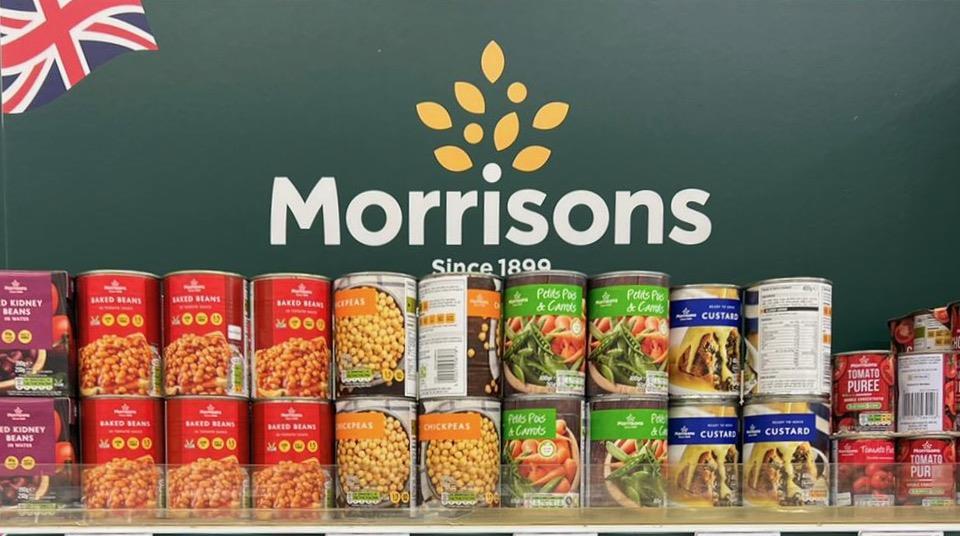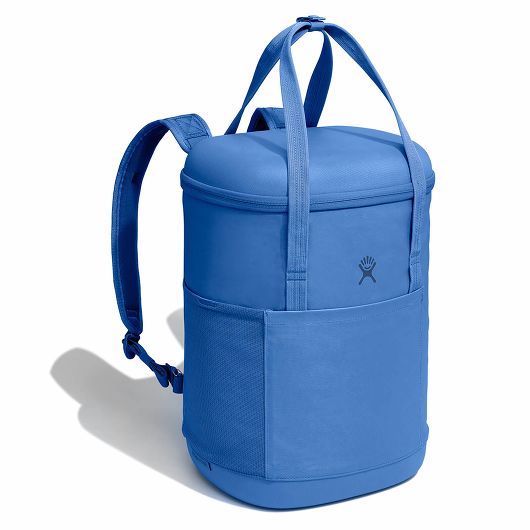Introduction
The significance of grocery shopping in our daily lives cannot be overstated. Groceries are the foundation of our meals, the source of nutrition, and an essential part of our routines. Morrisons has played a vital role in fulfilling these needs for millions of families across the UK. From fresh produce to pantry staples, Morrisons offers a wide range of products that cater to diverse dietary preferences and lifestyles. The supermarket chain prides itself on providing high-quality, affordable groceries, making it a go-to destination for shoppers seeking value and variety. The convenience of having all essential food items under one roof simplifies the shopping experience, saving customers time and effort.
This blog post aims to delve deep into the various aspects that make Morrisons a preferred choice for grocery shopping. We will explore the history and evolution of the company, highlighting key milestones and innovations that have shaped its journey. The blog will also provide an in-depth look at the shopping experience, both in-store and online, detailing the unique features and services offered. Furthermore, we will examine the extensive product range available at Morrisons, emphasizing the quality and variety of items from fresh produce to specialty goods. Additionally, we will discuss Morrisons’ commitment to sustainability and ethical practices, showcasing the company’s efforts to support the environment and local communities. By the end of this post, readers will have a comprehensive understanding of why Morrisons continues to be a top choice for grocery shopping in the UK.
Price Comparison
Morrisons vs Other UK Supermarkets
When it comes to grocery shopping, price is a critical factor for many consumers. Morrisons has positioned itself as a competitive player in the UK supermarket landscape, offering a wide range of products at attractive prices. In this section, we will compare Morrisons’ prices with those of other leading UK supermarkets, including Tesco, Sainsbury’s, Asda, and Aldi, to provide a clear picture of where Morrisons stands in terms of affordability.
Everyday Essentials
One of the best ways to gauge a supermarket’s pricing strategy is by looking at the cost of everyday essentials such as bread, milk, and eggs. At Morrisons, a standard loaf of white bread typically costs around £0.50, which is on par with Tesco and slightly cheaper than Sainsbury’s, where a similar product might be priced at £0.55. Milk prices at Morrisons are also competitive, with a four-pint carton costing approximately £1.10, closely matching the prices at Asda and Tesco, and undercutting Sainsbury’s by a small margin. Eggs, another household staple, are available at Morrisons for around £1.20 for a dozen, which is competitive with prices at other major supermarkets.
Fresh Produce
Fresh fruits and vegetables are another area where Morrisons shines. Known for their commitment to providing fresh and locally sourced produce, Morrisons offers a variety of fruits and vegetables at reasonable prices. For example, a kilogram of bananas typically costs around £0.70 at Morrisons, which is comparable to Asda and cheaper than Tesco and Sainsbury’s, where the price might be closer to £0.75. Similarly, Morrisons’ potatoes are priced competitively at around £0.80 per kilogram, aligning closely with prices at Tesco and Asda, and often cheaper than Sainsbury’s.
Meat and Seafood
The meat and seafood sections are where Morrisons often stands out due to their high quality and competitive pricing. For instance, Morrisons offers a kilogram of chicken breast fillets for approximately £5.00, which is in line with prices at Asda and slightly cheaper than Tesco, where the same product might cost around £5.50. When it comes to seafood, Morrisons’ sustainably sourced options are priced attractively; a kilogram of salmon fillets costs about £12.00, which is comparable to Tesco and generally cheaper than Sainsbury’s and Waitrose, where prices can exceed £13.00.
Branded vs. Own-Label Products
A key consideration for many shoppers is the price difference between branded products and supermarket own-label alternatives. Morrisons offers a robust selection of own-label products that are often significantly cheaper than their branded counterparts. For example, Morrisons’ own-label cereal might cost around £1.00 per box, whereas a branded equivalent could be £2.50. This pricing strategy not only offers customers savings but also ensures they have access to quality products at lower prices.
Special Offers and Discounts
Morrisons is well-known for its frequent special offers and discounts, which can make a significant difference to the overall cost of a shopping trip. Weekly promotions, such as ‘Buy One Get One Free’ deals and multi-buy discounts, are a staple at Morrisons and help customers save on a wide range of products. Additionally, the Morrisons More Card loyalty program provides further opportunities for savings, allowing customers to earn points on their purchases that can be redeemed for future discounts.
Overall Value for Money
When comparing the overall value for money, Morrisons holds its own against other UK supermarkets. The combination of competitive pricing on everyday essentials, fresh produce, and meat, along with attractive own-label alternatives and frequent promotions, makes Morrisons a strong contender in the market. While some products may be marginally cheaper at budget retailers like Aldi, Morrisons balances cost with quality and convenience, offering a comprehensive shopping experience that meets the needs of a wide range of customers.
In conclusion, Morrisons’ pricing strategy ensures that it remains a popular choice for cost-conscious shoppers without compromising on quality. By offering competitive prices across a broad spectrum of products and maintaining a focus on value for money, Morrisons continues to attract a loyal customer base and stands out in the competitive UK supermarket sector.





